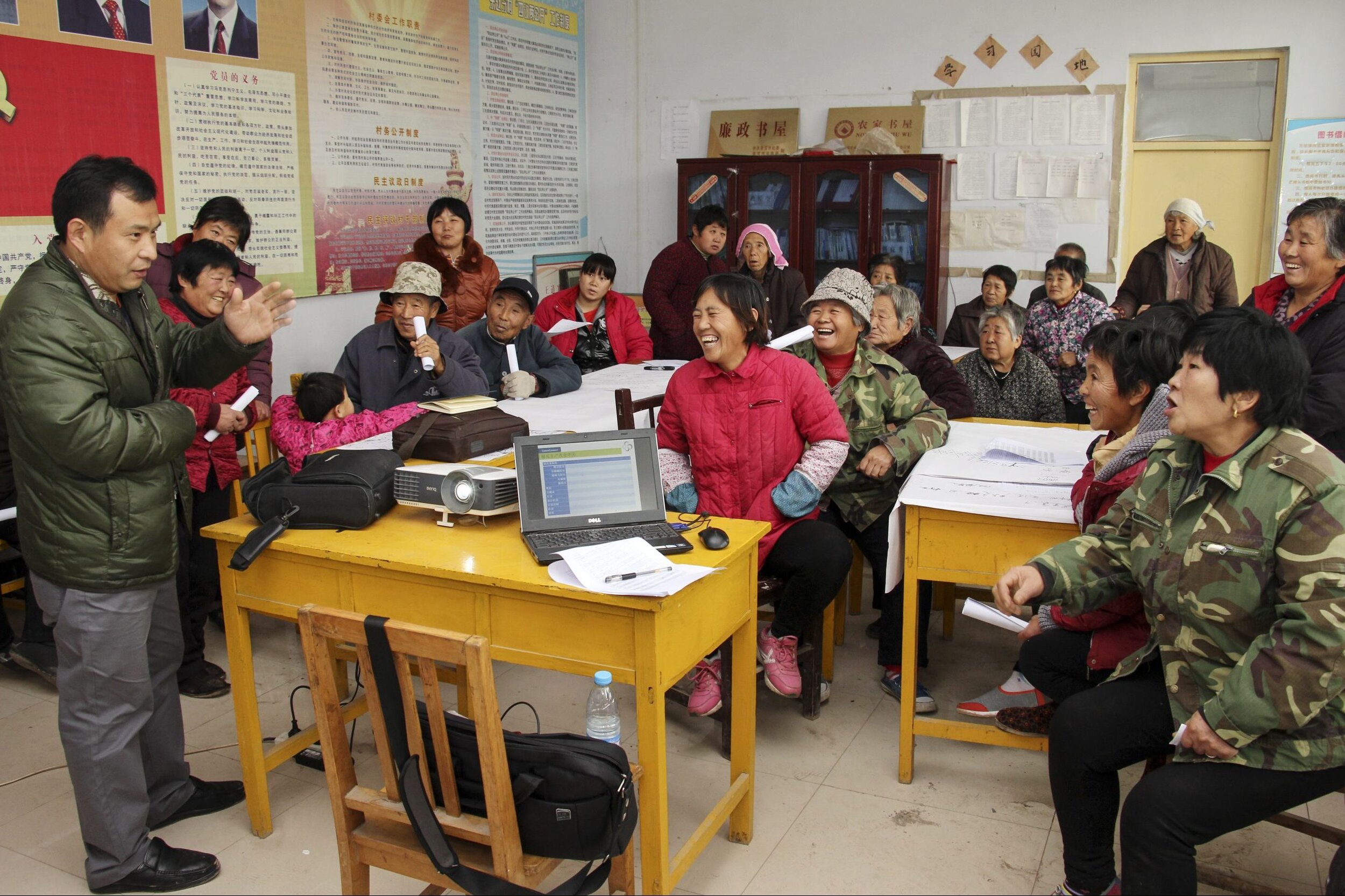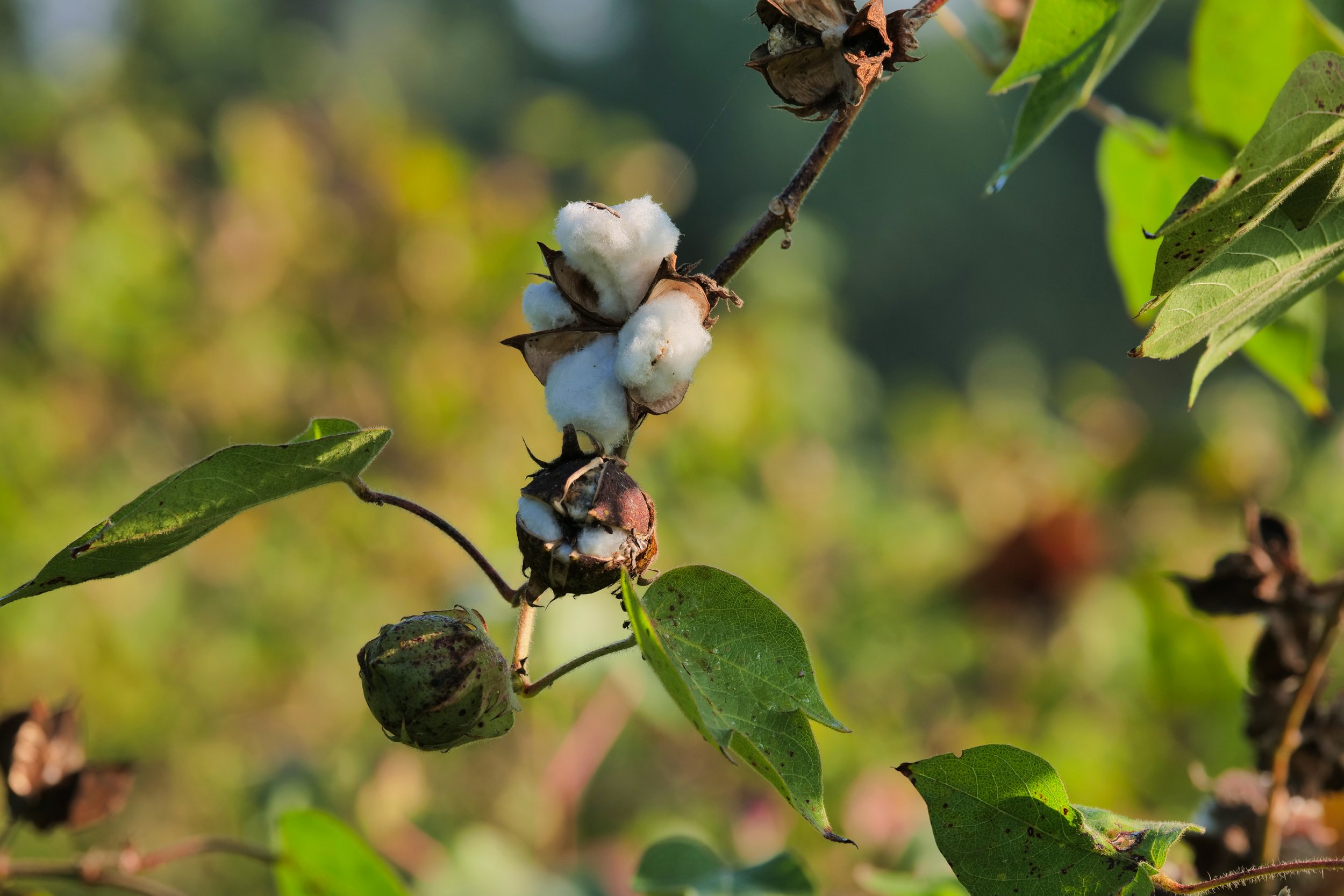Farmer Business School project in China

Our Farmer Business School (FBS) pilot project in China is the first step in building long-term resilience for farming communities, by offering basic training in financial management, as well as access to finance and community organisation.
Scope
The FBS involves both 30 REEL project farmers from a village in Hebei Province, China, as well as 30 conventional, non-REEL farmers. The school ran between for three months, delivering one module per month.
The first module looked at business management, covering subjects such as understanding inputs and equipment for farming, the market for agricultural products, and how prices can change. The second module looked at financial literacy, giving farmers an understanding of bookkeeping, analysing the profitability of and income growth potential. The third module focused on market access and financial tools, including group-buying and selling, working as a cooperative, and identifying risks and family financial management.
Farmer profile
In total, 60% of the farmers were women and 40% men. The majority of them (68%) had two children, with 19% having one child and 13% having three or more. In terms of land ownership, 67% have 1-2 acres of land (with 13% with less than 1 acre and 20% with more than 2 acres), and 85% have cotton as the major source of income. Around RMB20,000 (USD3,000) was the net income, which for 77% only meets basic needs. 70% of farmers reported less income compared to the previous year, mainly due to the weather and a fall in cotton prices.
Short-term outcomes
Improved awareness of farmer organisation
100% interest in joining a farmer group. None of the farmers were part of a farmer group pre-FBS training;
98.5% of farmers showed interest in purchasing inputs collectively, compared to zero in the pre-training survey;
Improved awareness of financial management
95% know the profitability of their farms, compared to 68% pre-training;
More than 80% of farmers want to keep track of their outgoings, compared to 10% of farmers having a habit of maintaining accounts in the pre-training survey.
Improved awareness of access to insurance
87% say they would like to buy insurance for their cotton, compared to 13% buying insurance in the past.






























